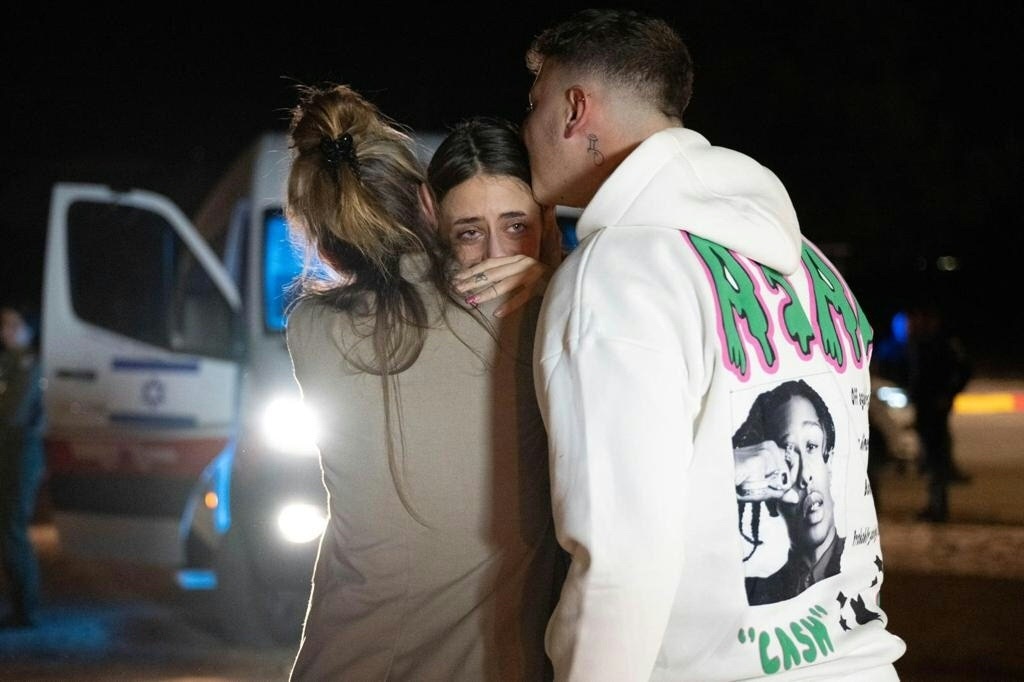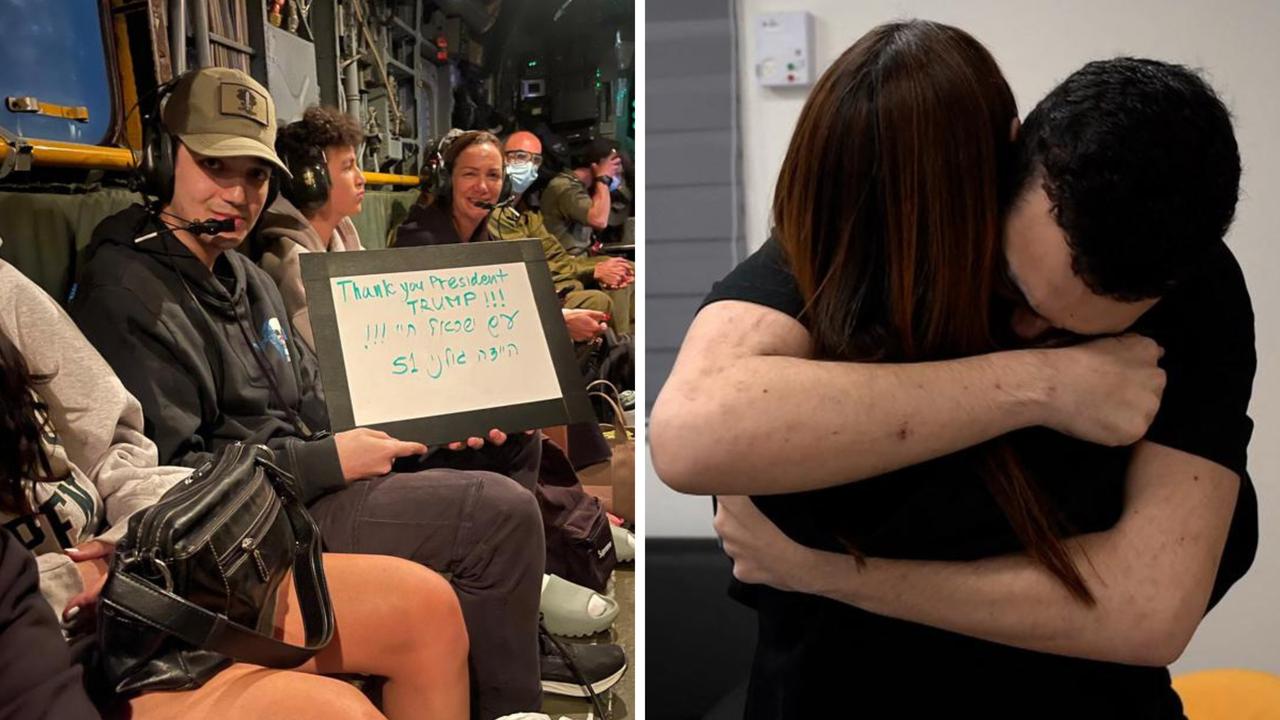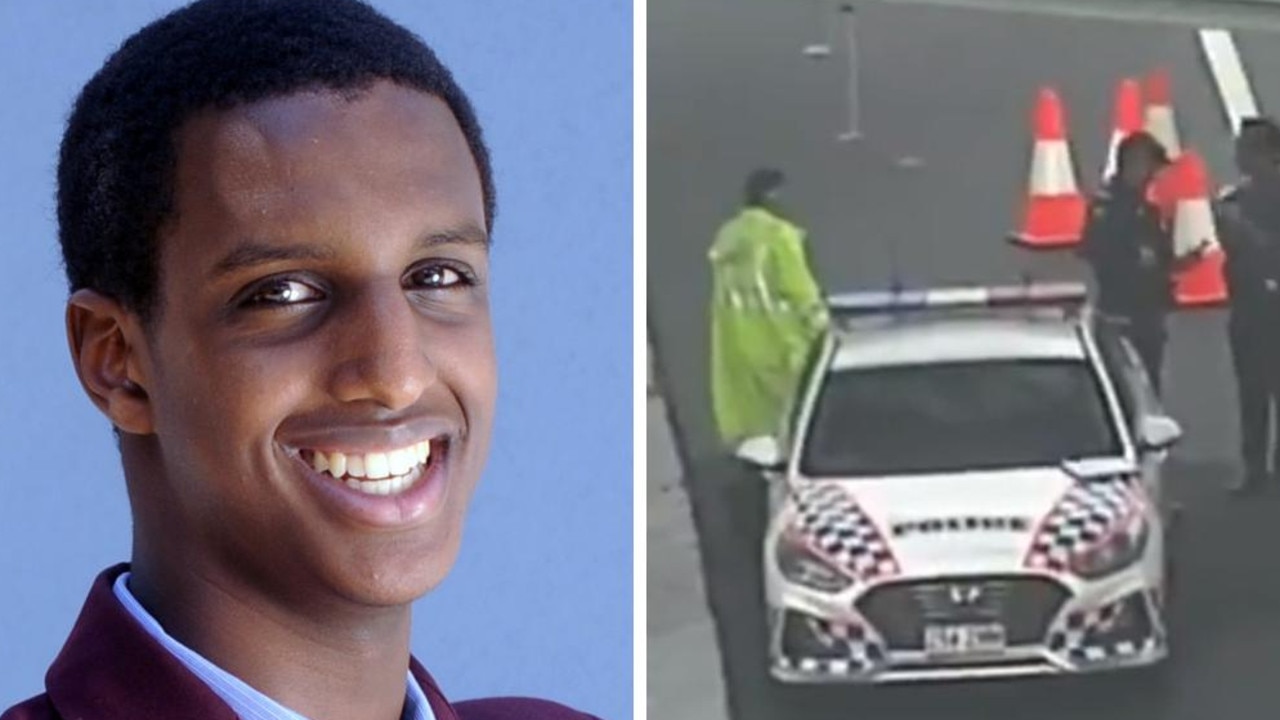Why the Israel-Hamas conflict is set to escalate
Israeli PM Benjamin Netanyahu is fighting to maintain the power of balance in government - and it has dire implications for the future of Gaza.
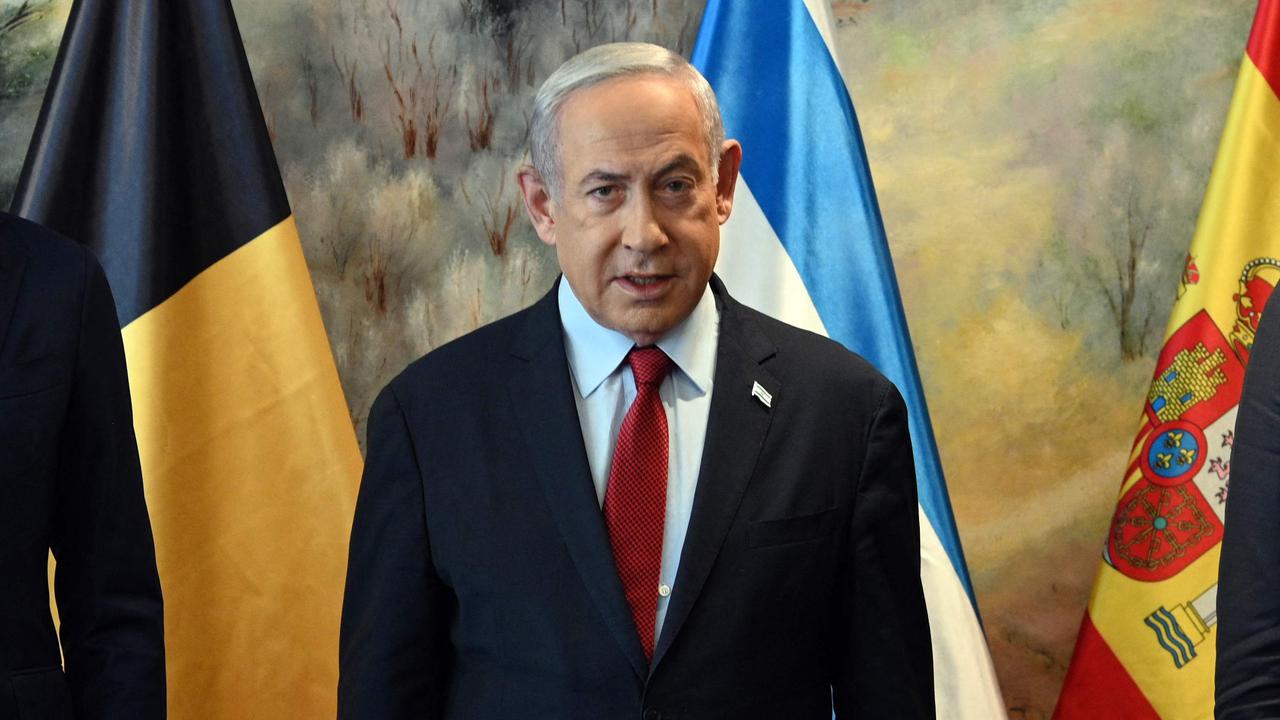
ANALYSIS
Prime Minister Benjamin Netanyahu is fighting for survival. Not Israel’s. But his own. And that has dire implications for the future of the Gaza Strip.
His National Security Minister Itamar Ben Gvir this week threatened to “tear down” the far-right coalition government if Netanyahu did not immediately restart its assault on the Palestinian enclave.
Ben-Gvir’s ultra-Orthodox Otzma Yehudit (Jewish Power) party voted against the temporary truce that has resulted in the release of 97 hostages so far. And it continues to argue the highest possible priority should be the total destruction of Hamas and everything affiliated with the terror organisation.
But Netanyahu has a problem.
His Likud Party needed to form a unity government with the opposition – Benny Gantz’s centrist right National Unity – to bring stability and military experience into his emergency administration.
But a new poll shows 73 per cent of Israeli voters disapprove of the Prime Minister’s performance since the October 7 rampage by Hamas across southern Israel.
That means Netanyahu needs to be seen as winning.
And that likely means more of the same.
Bombing. Shooting. Forced evictions.
Just a lot more of it.

“Between the (three) active corruption cases against him, the security failures on his watch, and the current war, it will be difficult – if not impossible – for him to remain in office,” argues Century International think tank analyst Dahlia Scheindlin. “But the larger question remains: Would his departure lead to a fundamental change in the direction of Israeli politics or policy?”
‘Only room for one sheriff in this town’
The current conflict’s underlying cause is no different from any other during the past 100 years. The first significant clash between Jewish Zionist settlers and indigenous Palestinian populations occurred in 1908. The situation has continued to escalate ever since.
“Without a political horizon for Palestinians, Israel will remain a state built on a foundation of structural oppression, in which Palestinians are permanently subjugated, disregarded, and humiliated,” argues Carnegie Middle East Center analyst Michael Young. “As Israelis come to realise that this situation is unsustainable, they will be left with one of two choices: either to conclude a durable peace agreement with the Palestinians, or to find a way of transferring by force Palestinians in the West Bank and Gaza to neighbouring Arab countries.”
Young argues Israeli politicians are demonstrating an “apparent consensus” that there will be no return to previous policies of coexistence. “Therefore, the only solution left is to get rid of as many Palestinians in Israel’s vicinity as possible,” he states.
Israel’s Ministry of Intelligence (headed by the Likud Party’s Gila Gamliel) has prepared a plan to do just that. It proposes a forced evacuation of “the Gazan population to Sinai” along with seizing a strip of Egyptian territory to create a “sterile zone” preventing their return.
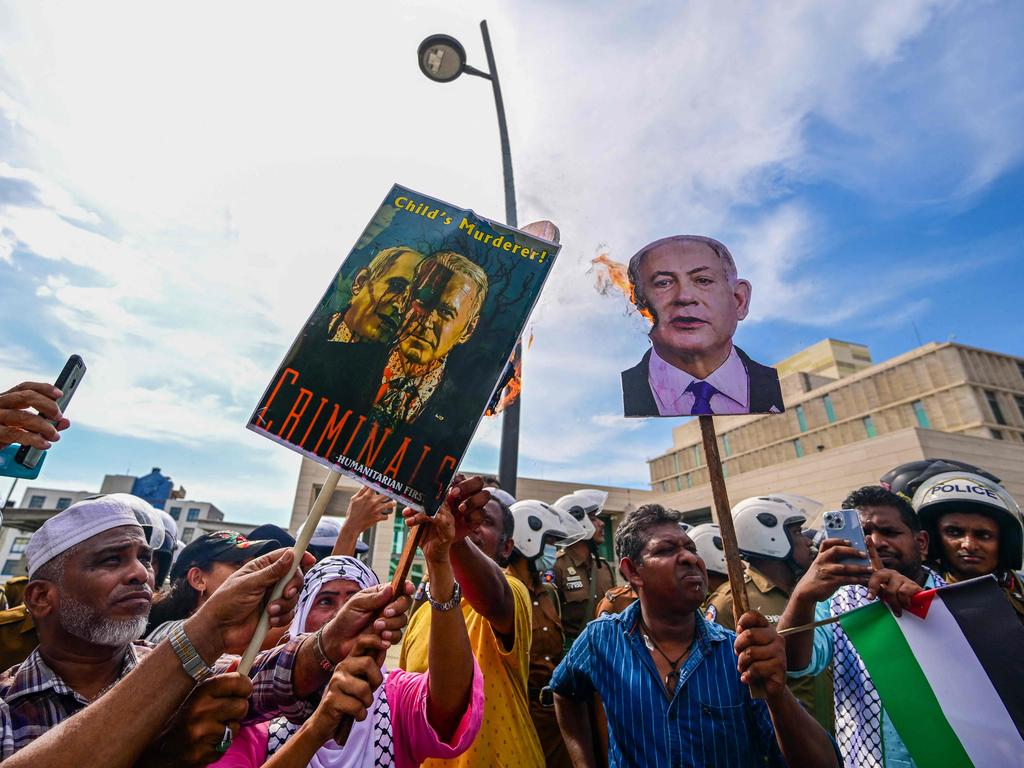
Possession as nine-tenths of the law …
Israel’s far-right Finance Minister Bezalel Smotrich this week declared the occupied West Bank to be home to ‘two million Nazis’.
“We will strengthen the settlement and cripple the Nazis wherever they are to ensure ‘never again!’” the Religious Zionism party leader added.
It’s not the first time he’s advocated the forced displacement of Palestinian populations.
His “Decisive Plan” of 2017 detailed plans for a dramatic expansion of illegal ultra-Orthodox settlements in the West Bank to ensure “the Arab dream of a state in Judea and Samaria is no longer viable.”
Under his plan, indigenous Palestinians would be left with two options: “Those who wish to forego their national aspirations can stay here and live as individuals in the Jewish State,” or “Those who choose not to let go of their national ambitions will receive aid to emigrate to one of the many countries where Arabs realise their national ambitions, or to any other destination in the world.”
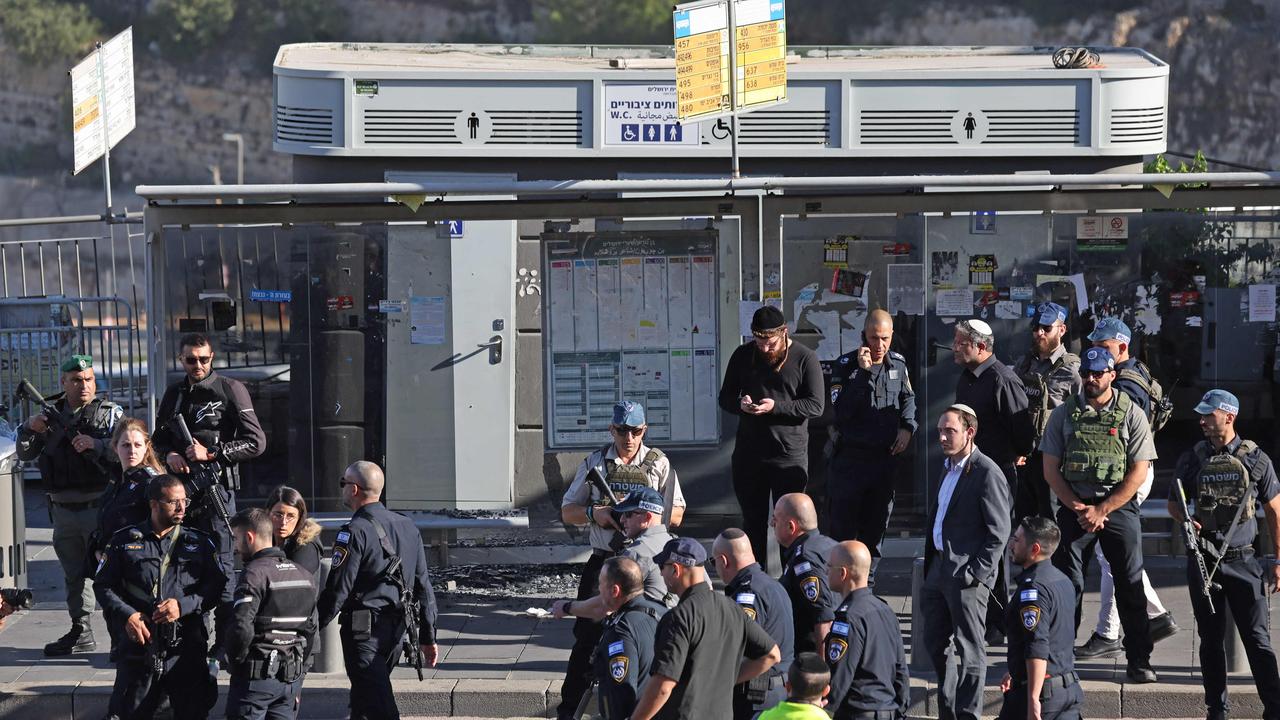
Israel at war with itself
Almost all of the blame for the October 7 disaster has been heaped on the shoulders of Netanyahu. And the evidence pointing to his failures keeps mounting.
At first, the embattled Prime Minister responded by insisting “now is not the time to apportion blame” – as all energy must be directed towards defeating Hamas. But that didn’t stop him from deflecting blame towards his senior security and intelligence officials.
Now, he needs to keep his Likud Party’s far-right coalition with the Jewish Power and Religious Zionist Parties intact – while at the same time appeasing the centrist National Unity party.
One way is to control the narrative.
In October, a Likud Party proposal to impose sweeping new censorship controls over Israeli media failed. But Israeli law already provides strict “national security” intervention powers, as well as “criminal defamation” charges for “insulting public officials”.
Now, Likud Party communications minister Shlomo Karhi wants stiff financial and legal penalties applied to the independent Israeli newspaper Haaretz.
It’s been behind many of the damaging leaks pointing to the Netanyahu government’s failings that led to the deaths of 1200 during the October 7 assault.
Karhi accuses Haaretz of “lying, defeatist propaganda” and “sabotaging Israel in wartime”.
Conflict of interests
Netanyahu’s ultra-Orthodox allies continue to make radical statements and demands.
That’s undermining Israel’s international reputation.
And Netanyahu’s standing among his own people.
Jewish Power members of parliament shouted down hostage family members during a recent Knesset visit to express fears that legislation demanding a death penalty for terrorists would harm the chances of their abducted relatives being released.

Jewish Power’s Tzvika Fogel dismissed their concerns, insisting “we do not need to feed these beasts” and accused them of being “Hamas mouthpieces”.
Jewish Power then went on to be the only members of the Knesset to vote against the hostage release ceasefire. Now it’s insisting on more financial and military aid for a fresh round of evictions of Palestinians in the West Bank by its ultra-Orthodox supporters.
More Coverage
If Netanyahu’s coalition fragments, only the Gantz National Unity Party has the numbers to form the core of a new government.
“But as an IDF man, Gantz seems likely to view the Palestinian problem in much the same way – as a security threat to be contained rather than an acknowledgment of the Palestinian right to self-determination,” argues Scheindlin. “And if that is the case, for all its horror, October 7 seems likely to result in more of the same – including future cycles of misery on both sides.”
Jamie Seidel is a freelance writer | @JamieSeidel



